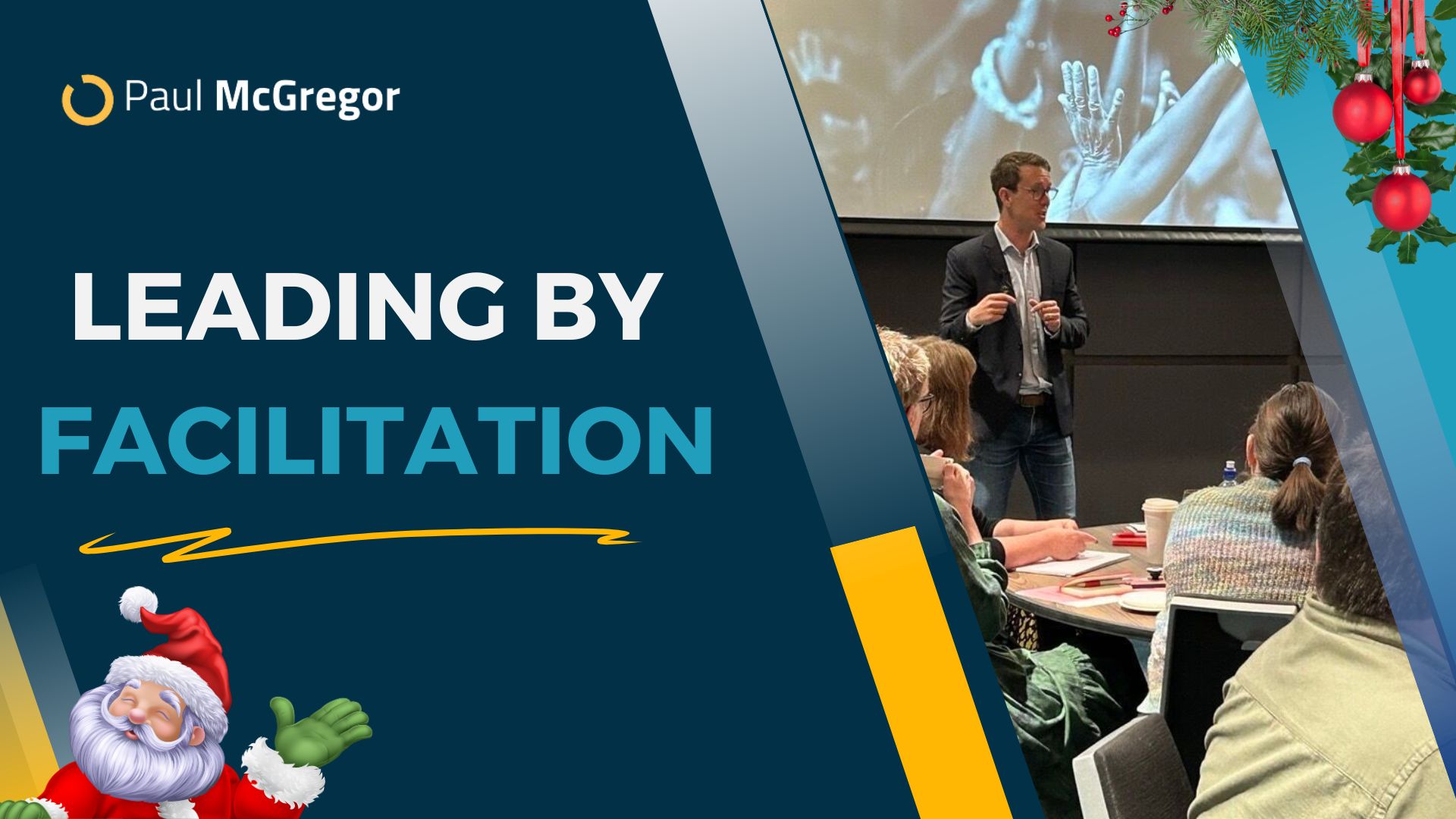Why do we get sick when the holidays hit?

Caring for yourself can feel indulgent
Prioritizing rest, recovery and self-care can be a big challenge when we're in leadership. Slowing down. Recovering. Recharging. We know we should do it... but so many other things are always calling for our attention. We are driven to serve others... so we put their needs first.
Are you running on adrenalin?
Last week I ran a workshop for the Diversity, Equity and Inclusion team of Sport NZ to help them deliver more impactful workshops and presentations. People often ask in these workshops how to manage anxiety when you're in front of a large group. Even just the thought of speaking at the front of the room is enough to spike the heart rate.
I've researched this a lot myself, as I've had moments of near-paralysis from nerves in the past.
I remember being forced to lead our inter-house debating team at school. The topic was That Townies are Better Than Farmers.
My bumbling summary went: "And then Jono spoke about... he, um... er, he uuh..."
Total mind blank.
"He did a really good speech," I lamely finished to jeers and laughter.
My wife always gets sick when the holidays hit
During periods of intense work, our cortisol levels are high. Adrenalin pumps around our bodies, helping us to keep going. This is our 'flight or fight' mechanism.
But when we slow down for the holidays, we often get sick. Our body takes the rest signal and goes into full-blown recovery mode. My wife is a primary school teacher and every year - almost without fail - she gets sick in December. It's a double-whammy given her birthday is on 27 December!
How to prevent the holiday blues
My research has found there's no quick or magical fix. (Although Vitamins A, C and E, plus zinc and echinacea help, according to one of my mentors Matt Church.)
What we need to do is gradually change our physiological response to intense work. How? It's a bit like how we tried to flatten the COVID curve. We try to reduce the intensity and duration of the adrenalin spikes.
- In the lead-up to intense work, we need to prioritize readiness. Preparing ourselves and our team is critical. This reduces the stress when we do it with lightness and curiosity.
- Immediately beforehand, we need a routine that triggers positive responses in our body. Meditation, mantras, stretching, exercise - these pregame routines condition us for what's coming. (Read James Clear's article for more on that.)
- During the intense work, we must resource ourselves. Food. Sleep. Fun. Exercise. These are not nice-to-haves. You are not being selfish; you are resourcing yourself.
- And after the intense work, focus on recharging. Professional athletes do the same. Ice-baths. Massages. Debriefs. Stretching. These activities reduce the recovery time and make it easier to get up for the next match.
Be selfish these holidays
As we all head into a period of recharging, I encourage you to do what you need to do to recharge. You don't need my permission to be selfish, but you have it all the same!
Until next year, go well.